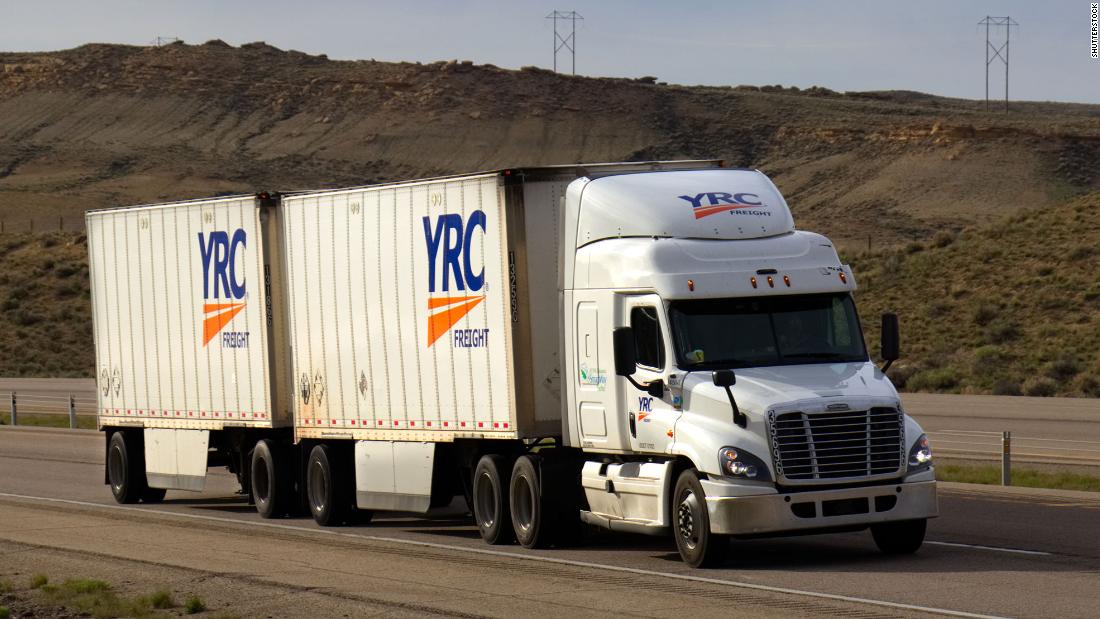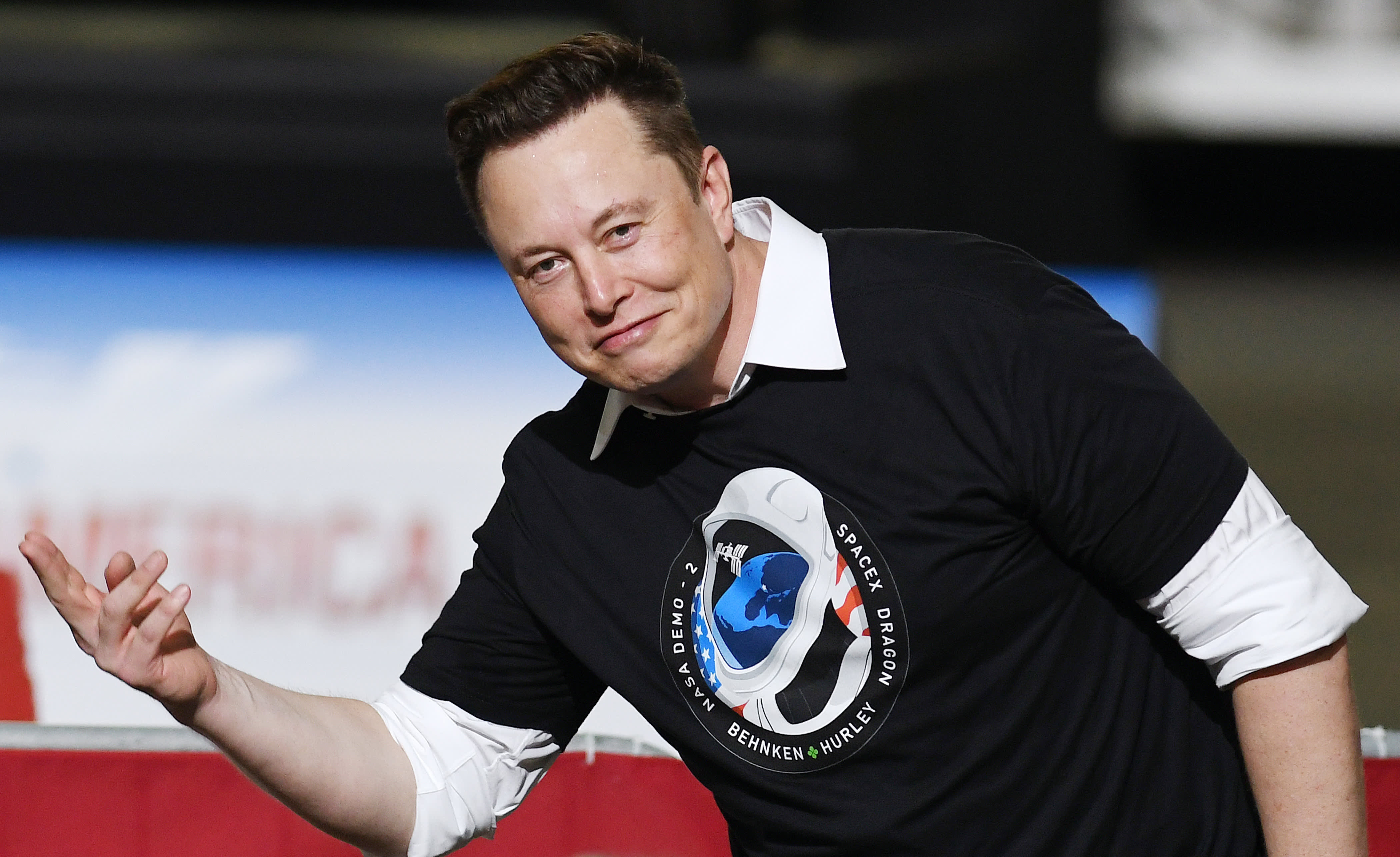airplanemechanic
Diamond Member
- Nov 8, 2014
- 18,496
- 13,803
- 2,415
no...and we dont need bigots eitherSo? You don't think we need trucking companies?A fucking trucking company!
How the fuck you think all that shit you buy gets to the fucking shelves? Walks down the road by itself?


